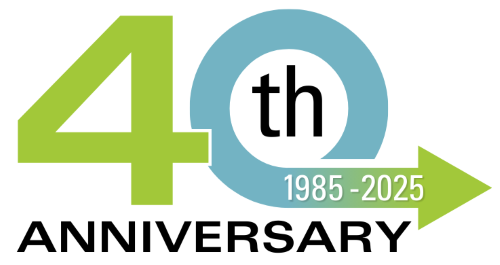How Valuable is Your Trash?
When you hear the term “identity theft”, you might immediately think about data breaches and hackers. Maybe you picture nefarious criminals huddled around a basement computer. Perhaps you imagine a giant, faceless corporation carelessly storing your personal information and you feel like protecting yourself is out of your control. You’re not wrong – these scenarios occur much too frequently.
However, there’s another method identity thieves use to collect your data. It’s such an old school tactic that you might not even think about it or consider it to be a threat: dumpster diving. That’s right. Determined thieves still do dig through trash in order to find valuable personal information. While this is a potentially damaging personal violation, it is a type of theft that you easily prevent.
What types of trash should I shred to protect myself?
Any mail or documents containing personal information should be shredded. This includes:
- credit card statements
- credit card offers
- utility bills
- medical records (including the labels on prescription bottles)
- bank statements
- loan statements
- tax information
- employment records
- insurance information
In short, you should shred anything that lists your social security number, your driver’s license number, any account numbers, or private information (even just your address or employment history) you wouldn’t want shared.
What could happen if thieves go through my trash?
There’s a variety of fraud that can be committed with your personal information. From credit card fraud to tax fraud to payday fraud, thieves only need a few key pieces of personal information in order to potentially wreak havoc on your life.
Additionally, with the prices of medical treatments, procedures, and medicines constantly increasing, medical identity theft is on the rise. Thieves can use your insurance or medical information or the label on your prescription bottle to get medical care, drugs, or file claims. More than any other type of theft, medical identity theft has the potential to be financially ruinous given the high cost of medical care.
To learn more, read the FTC’s Consumer Information on Medical Identity Theft.
How do I know if I’ve been a victim of identity theft?
- Your credit card or bank accounts list charges you did not make.
- You receive bills from credit cards you didn’t open.
- Collection agencies claim you owe a debt you did not incur.
- Your credit score drops.
- You’re turned down for a credit card, loan, or other form of credit.
What should I do if I suspect I’m a victim of identity theft?
- Contact your local police department and file a report.
- Have a freeze or security alert placed your credit report by contacting the three main credit reporting bureaus.
- Report it to the Federal Trade Commission.
Shred it, shred it, shred it
We can’t say it enough. Simply ripping up documents or even using a home shredder doesn’t provide adequate protection. DataSafe provides residential services you can trust. Your personal information will be secure at every stop of the process until it’s destroyed beyond recovery.

Get Your Quote
"*" indicates required fields

